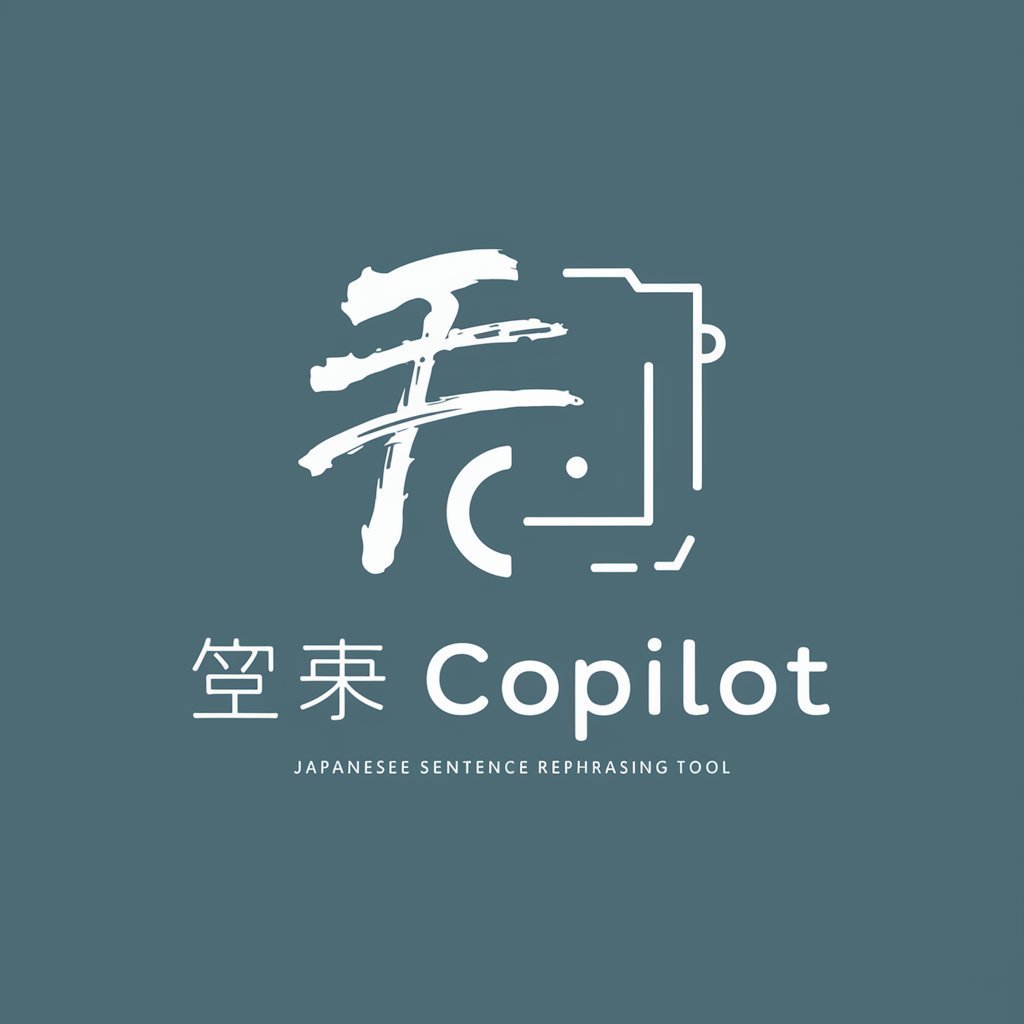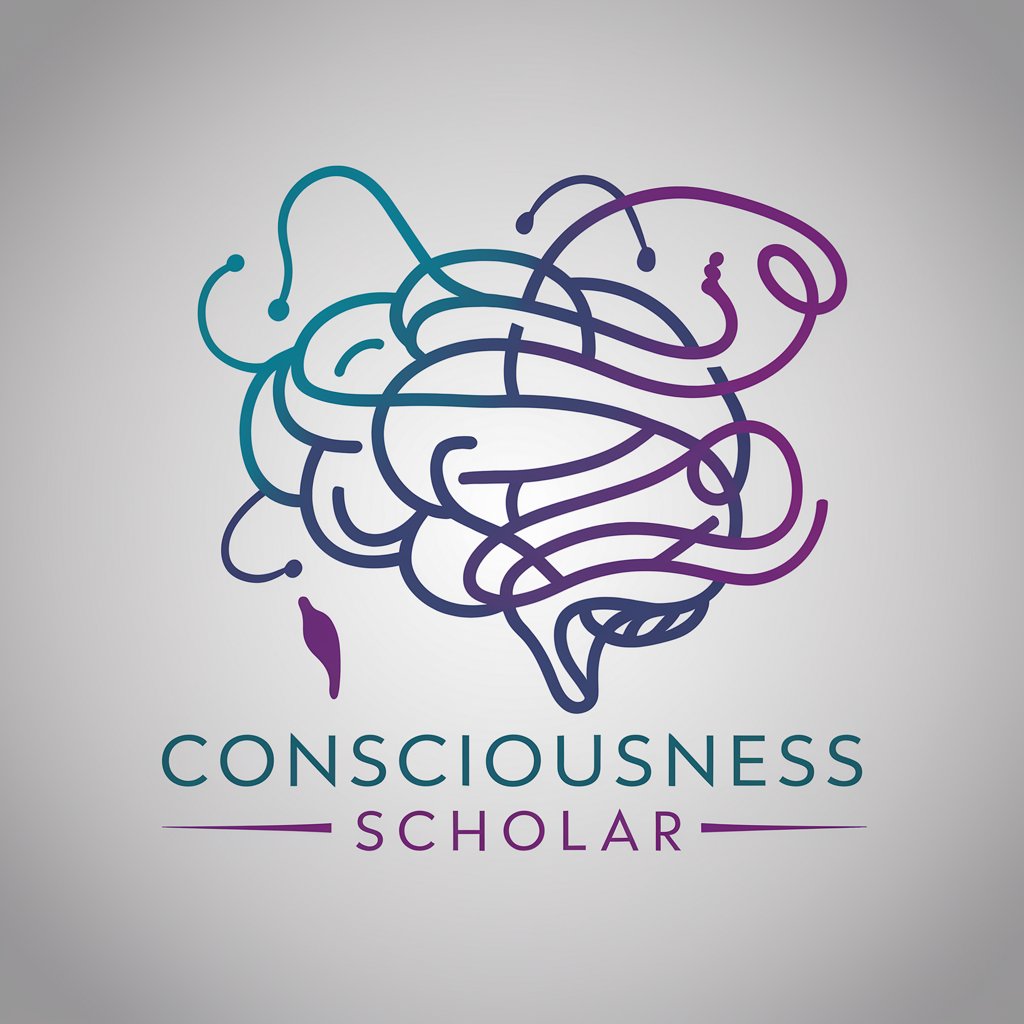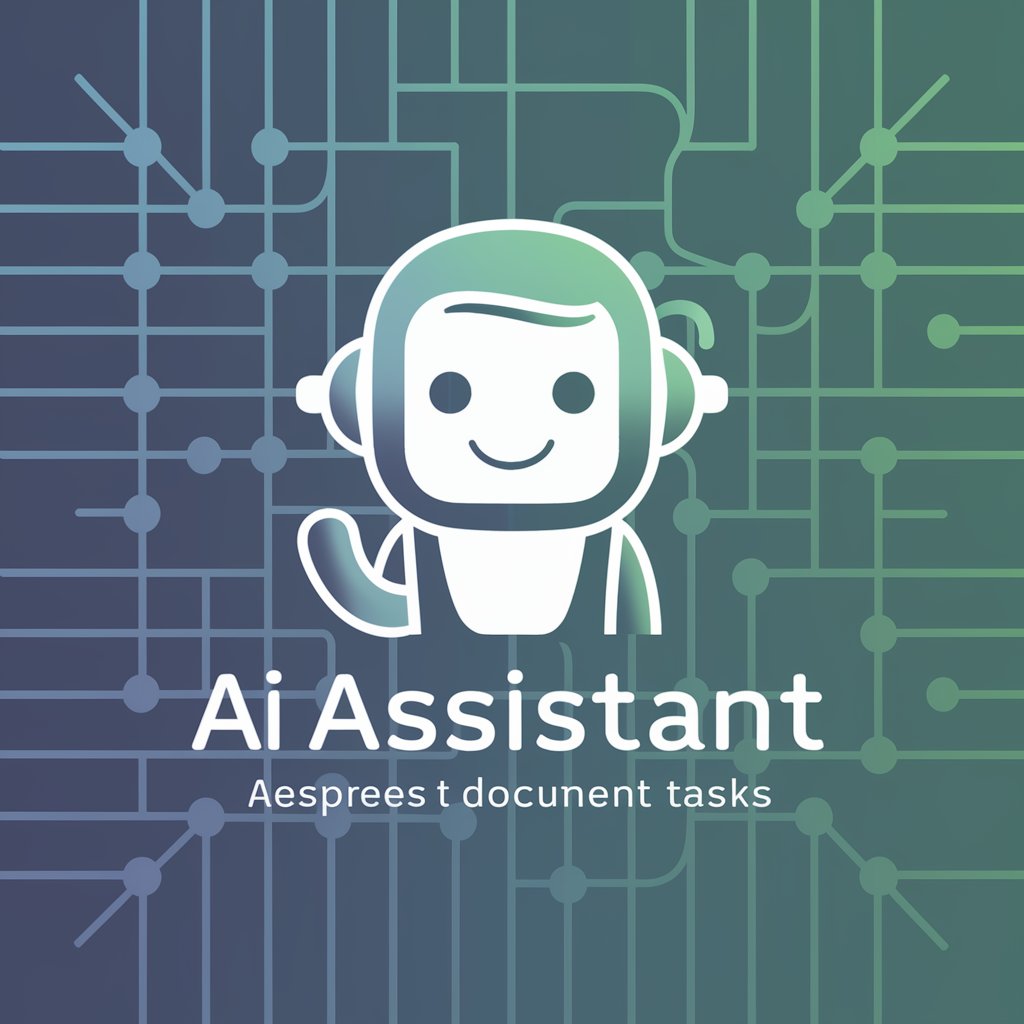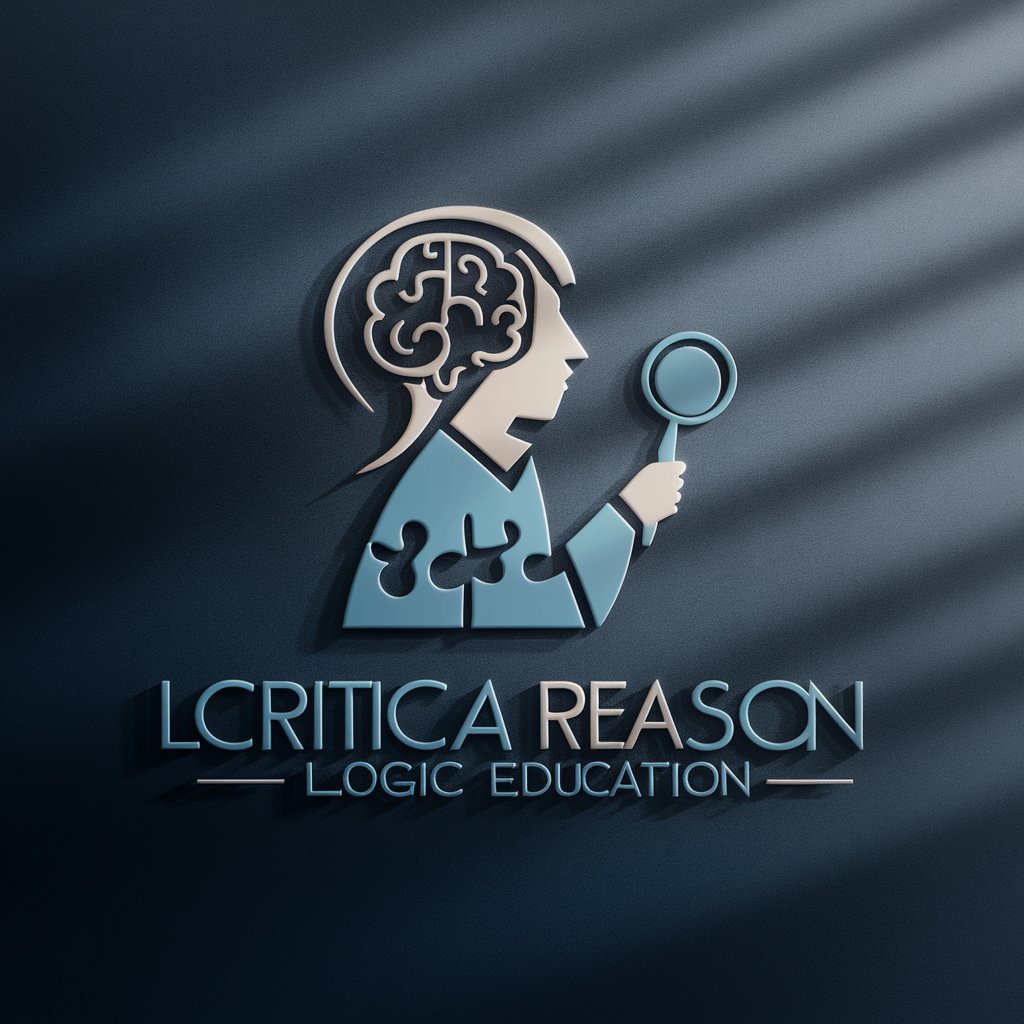
Deontic 1 - Gen + Articles - Deontic Logic Analysis Tool

Hi! I'm here to help you with Deontic Logic. How can I assist you today?
Harnessing AI for Deontic Logic Insight
Explain the principle of
How does Deontic Logic apply to
What are the challenges of implementing
Discuss the relation between Deontic Logic and
Get Embed Code
Introduction to Deontic 1 - Gen + Articles
Deontic 1 - Gen + Articles is designed as a specialized tool to assist users in understanding, applying, and discussing the principles of Deontic Logic. This tool focuses on the analysis of documents, extraction of relevant information, and the application of Deontic Logic principles in various contexts such as legal systems, moral reasoning, and theoretical frameworks. For example, it can analyze a legal document to identify obligations, permissions, and prohibitions within the text, providing users with a clear understanding of the deontic aspects involved. Powered by ChatGPT-4o。

Main Functions of Deontic 1 - Gen + Articles
Analysis of Legal Documents
Example
Extracting obligations, permissions, and prohibitions from a contract.
Scenario
A user uploads a contract to understand the deontic structure—identifying what actions are permitted, obligated, or prohibited for each party involved.
Application in Moral Reasoning
Example
Applying deontic logic to ethical dilemmas.
Scenario
Analyzing moral dilemmas presented in philosophical texts or real-life scenarios to distinguish between morally obligatory, permissible, and forbidden actions.
Theoretical Framework Application
Example
Exploring theoretical aspects of deontic logic.
Scenario
Academic researchers use the tool to model complex deontic logic scenarios, such as dynamic obligations in evolving legal or moral contexts.
Ideal Users of Deontic 1 - Gen + Articles Services
Legal Professionals
Lawyers, paralegals, and legal scholars who need to analyze contracts, legislation, and legal texts for obligations, permissions, and prohibitions. They benefit from precise analysis that helps in preparing cases, drafting documents, or conducting academic research.
Philosophers and Ethicists
Individuals studying or working in moral philosophy and ethics who require tools to apply deontic logic to theoretical or practical ethical problems, enhancing their understanding and development of moral arguments.
Researchers in Deontic Logic
Academics and students focusing on deontic logic, artificial intelligence related to law and ethics, and those exploring the application of deontic logic in computer science, particularly in software and systems design for ensuring compliance with regulations and ethical standards.

Using Deontic 1 - Gen + Articles: A Step-by-Step Guide
1
For an introductory experience, navigate to yeschat.ai to start a free trial without the need for login credentials, nor a subscription to ChatGPT Plus.
2
Identify your specific need or application area, such as analyzing legal documents, ethical reasoning in AI, or constructing deontic logic-based arguments, to better leverage Deontic 1 - Gen + Articles.
3
Utilize the tool's querying capabilities by inputting clear and precise questions or statements relevant to deontic logic applications, ensuring they are within the scope of Deontic 1 - Gen + Articles' expertise.
4
Explore the tool's functionalities by experimenting with different types of deontic logic inquiries, such as obligations, permissions, and prohibitions, to gain deeper insights into your topic of interest.
5
Review and analyze the generated responses for accuracy and relevance to your queries, applying the insights gained to your specific use case for enhanced understanding and decision-making.
Try other advanced and practical GPTs
🔮观音灵签🔮
AI-powered ancient wisdom at your fingertips

推敲 Copilot
Revolutionize your writing with AI-powered rephrasing.

Consciousness Scholar
Bridging Science and Philosophy in Consciousness Studies

(孩子王系列)镜子画布小游戏
Craft Perfect Symmetry with AI

尤达大师
Empowering front-end innovation with AI

AI PDF Assistant by Smallpdf
Smart PDF Solutions, Powered by AI

Critical Reasoning and Logic
Sharpen Your Mind with AI-Powered Reasoning

Oracle 知识官
Tailored AI for Oracle and Python

Vue Elite Engineer
Elevating Vue.js Development with AI

Finance Sam
Empowering your finance journey with AI

Swift Helper
Empowering Swift Development with AI

婚姻性福
Strengthening Bonds, Enhancing Happiness

Frequently Asked Questions about Deontic 1 - Gen + Articles
What is Deontic 1 - Gen + Articles?
Deontic 1 - Gen + Articles is an AI-powered tool designed to assist users in understanding, applying, and discussing the principles, rules, and concepts of Deontic Logic. It specializes in analyzing documents and extracting relevant information based on deontic logic principles.
Can this tool help in academic research?
Absolutely. Deontic 1 - Gen + Articles is an invaluable resource for academics researching legal systems, moral reasoning, or theoretical frameworks involving deontic logic, offering detailed explanations and insights into complex concepts.
How can I apply this tool to legal document analysis?
By inputting specific clauses or sections of legal documents, users can leverage Deontic 1 - Gen + Articles to interpret obligations, permissions, and prohibitions, aiding in the analysis and understanding of legal texts.
Is Deontic 1 - Gen + Articles suitable for beginners?
Yes, it is designed to cater to all levels of expertise. Beginners can benefit from clear, concise explanations, while advanced users can delve deeper into complex deontic logic applications and analyses.
Can Deontic 1 - Gen + Articles generate new deontic logic propositions?
While the tool excels in analyzing and interpreting existing propositions, its current capabilities focus more on the application and discussion of deontic logic principles rather than creating new propositions from scratch.